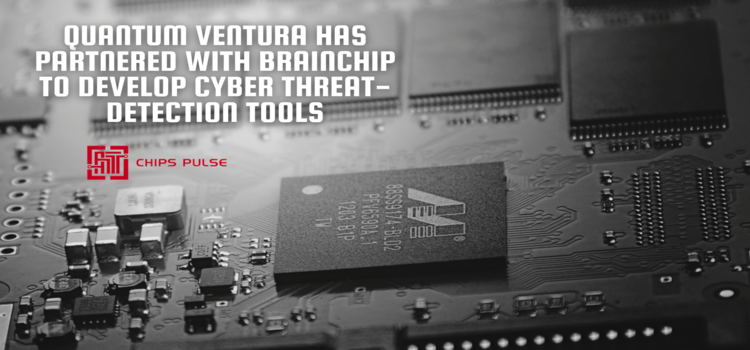Quantum Ventura, a San Jose-based AI/ML research house, has partnered with BrainChip to develop cyber threat-detection tools for the U.S. Department of Energy under the Small Business Innovation Research (SBIR) Program.
Their collaboration focuses on "Cyber threat-detection using neuromorphic computing," which employs brain-inspired artificial intelligence to prevent cyberattacks on computer networks and critical infrastructure. The Akida neuromorphic processor, with its advanced ability to find unknown, repeating patterns in noisy data, serves as an asset in detecting malware, attack signatures, and other forms of malicious activity once it learns normal network traffic patterns.
One of the advantages of using Akida is its capacity to learn on device securely, without requiring cloud retraining. This feature allows it to adapt more readily to emerging threats by quickly learning new attack patterns. The BrainChip IP supports incremental learning, on-chip learning, and high-speed inference, making it ideal for advanced AI/ML devices such as intelligent sensors, medical equipment, video-object detection, and ADAS/autonomous systems while consuming micro watt to milli-watt power budgets.
Quantum Ventura's collaboration with BrainChip brings together the expertise of two leading-edge organizations in AI/ML and neuromorphic computing, respectively. By combining their knowledge and technologies, they aim to develop more effective and efficient cyber threat-detection tools that can combat ever-evolving threats.
The SBIR program provides a crucial platform for small businesses like Quantum Ventura to innovate and advance their research in the field of cybersecurity. With the increasing incidence of cyberattacks on critical infrastructure, the need for cutting-edge solutions that can detect and prevent such attacks has become more urgent than ever before.

The Akida neuromorphic processor is uniquely suited to this task as it employs novel algorithms inspired by the structure and function of the human brain. Its ability to learn from data and adapt to changing environments makes it an ideal candidate for developing advanced AI/ML applications, including those related to cybersecurity.
In addition to its potential applications in cybersecurity, the Akida neural processor and BrainChip IP also have significant potential in other areas such as medical devices, autonomous systems, and video-object detection, among others. As AI/ML continues to transform various industries and domains, collaborations such as this are likely to play an increasingly important role in advancing innovation and progress in these fields.